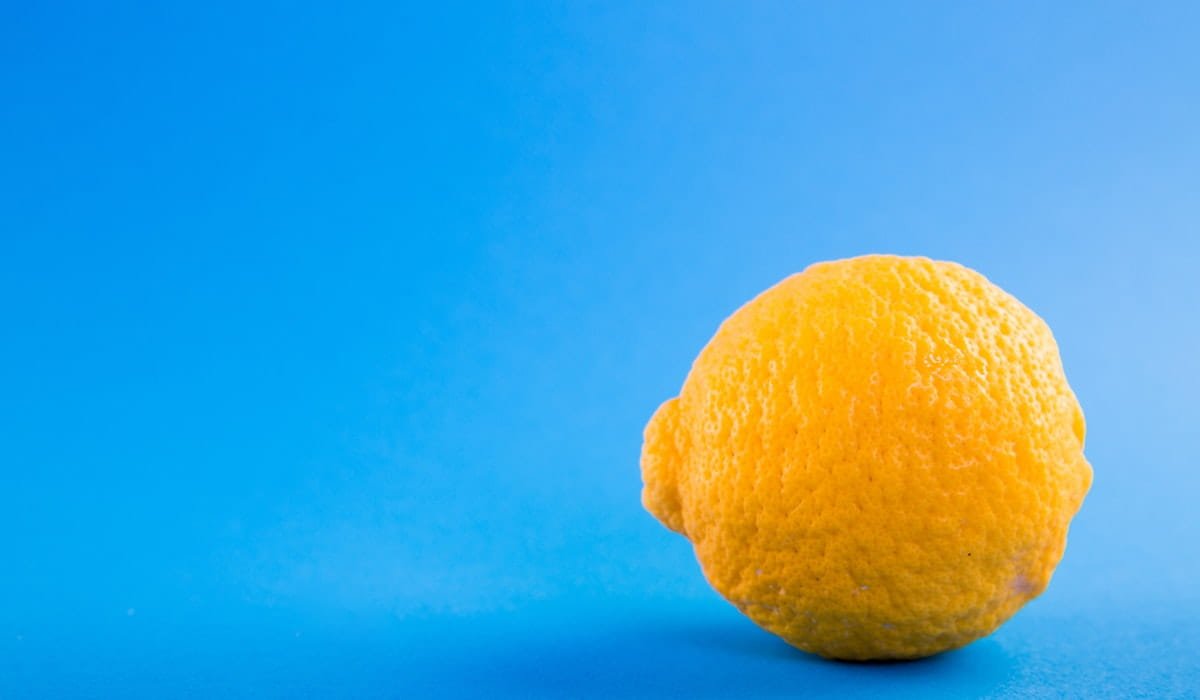Mandarin Health Benefits – The Fruit You Need To Consume If You Are Seeking Longevity

One of the winter fruits, which significantly reduces the risk of heart disease, stroke, diabetes and liver cancer, while its frequent consumption protects the body from common colds.
Although small in size, they have impressive nutrients:
Are you ready to reveal this magnificent fruit? It’s the mandarin orange fruit.
Mandarin Orange Fruit (Tangerine)
The mandarin tree is a tree that grows in tropical and subtropical climates, is sensitive to cold and bears fruit from November to the end of February.
Their history begins 3,000 years ago in China and reaches Europe and North America as late as 1830. It is thought that they were named after the senior civil servants of the Chinese Empire, the mandarins, whose uniforms were the same color as the fruit in question, and also because they were offered as gifts.
They were brought to Greece from Malta and are cultivated mainly in Crete and Chios. There are many varieties of mandarins such as Satsuma, Cleopatra, Dancy and Ortanique. The most popular variation ”Clementines” are named after the monk Clement Rodier (1829-1904) who discovered the variety in Algeria.
Mandarin Health Benefits
As well as being very tasty, mandarins are a valuable guardian of health:
- They are a rich source of vitamin A and carotene, which contribute to the proper development of teeth and bones and participate in the formation of rhodopsin, a pigment with a particularly beneficial effect on vision and a protective effect against macular degeneration.
- The intake of sufficient vitamin A strengthens the immune system and helps in the healing of wounds.
- At the same time, the photoprotective action of beta-carotene, combined with its antioxidant and anti-aging properties, combats skin aging.
- Tangerines provide almost 80% of the body’s daily needs of vitamin C, the powerful antioxidant responsible for the synthesis of collagen, the prevention of arthritis, colds, etc.
- In combination with the flavonoids and phenolic acids they contain, they inhibit the production of harmful free radicals and regulate the levels of bad cholesterol in the blood.
- They also contain niacin and thiamine (B vitamins), folic acid, potassium, calcium, magnesium, folic acid and fiber. Potassium and magnesium help stabilize blood pressure while calcium plays a vital role in blood clotting. A 100 g tangerine contains about 3 g of fiber, which increases satiety, facilitates proper digestion and fights constipation.
- The presence of bromine salts in the peel justifies its sedative effect. According to two Japanese studies published in 2006, the consumption of mandarins can significantly reduce the risk of liver cancer, heart disease, stroke and diabetes.
- The excellent oil of the tangerine, obtained by cold pressing the peel of the fruit and/or the flowers, is used in aromatherapy and cosmetology as a relaxant, soothing, anti-wrinkle and antiseptic.
- It is also indicated for a digestive disorders, fluid retention, indigestion, oily skin and acne.
Related: How To Tell If Essential Oils Are Pure and How to Make Essential Oils At Home
Read Next
